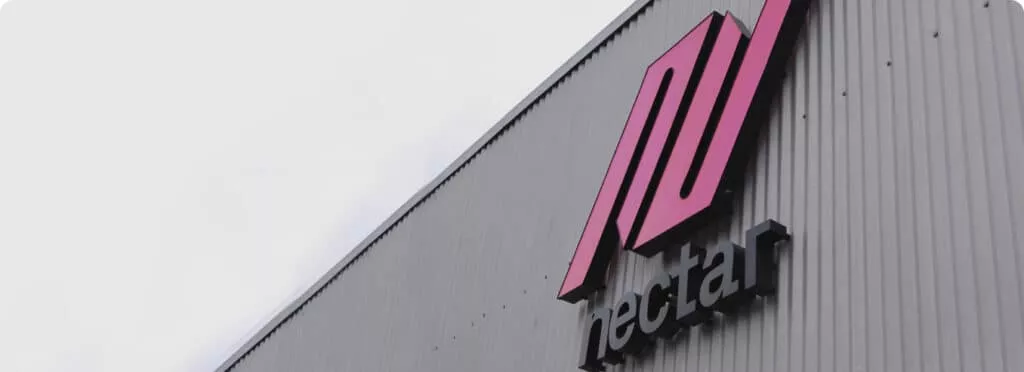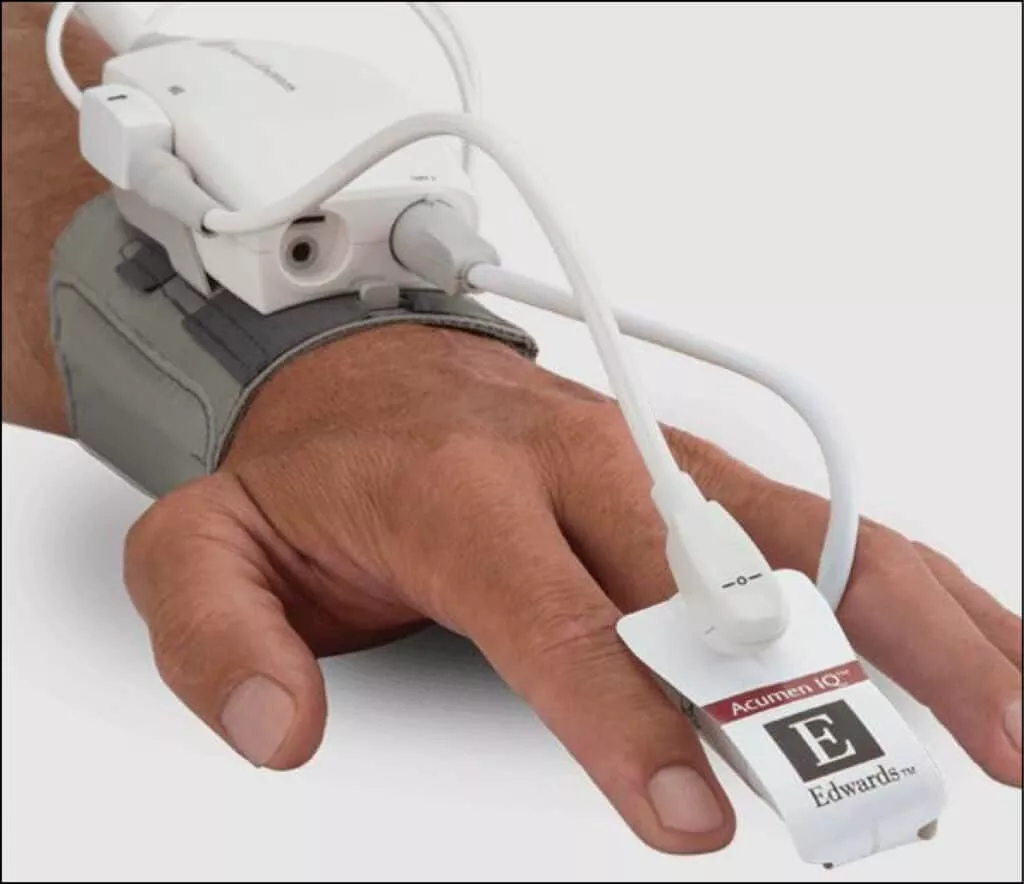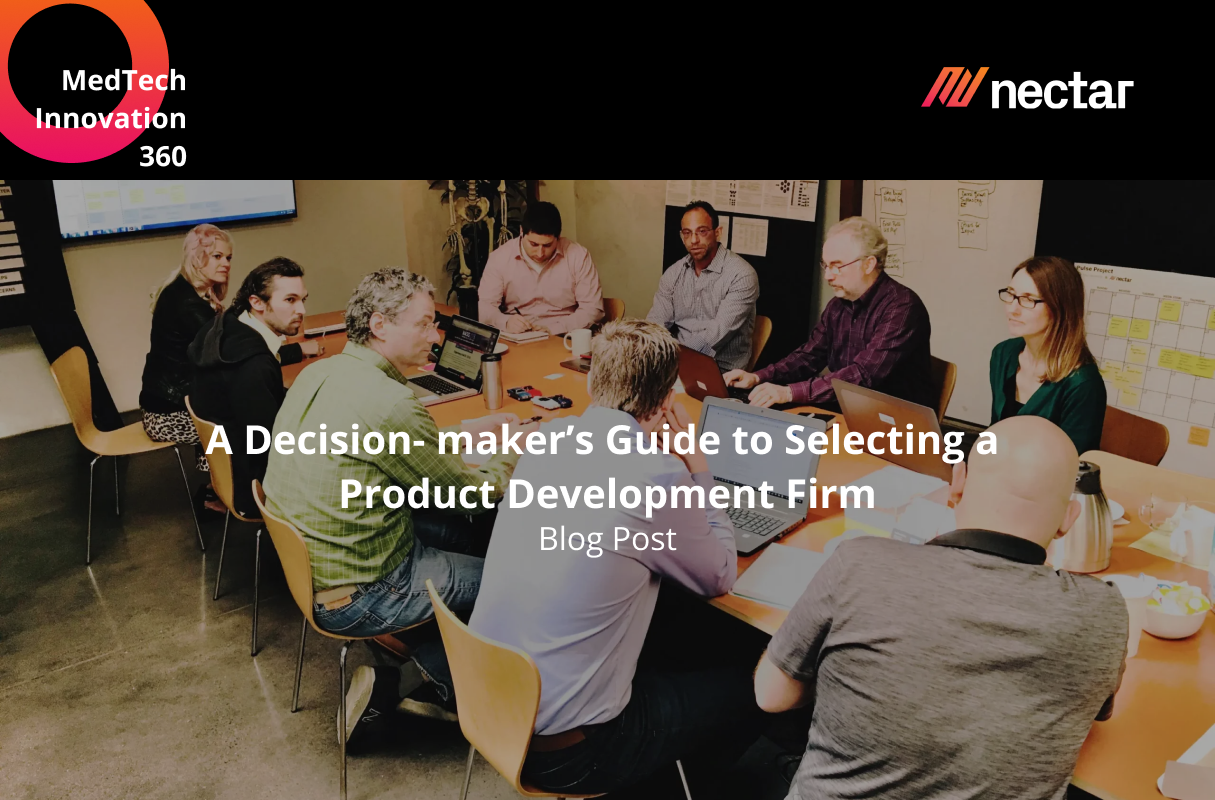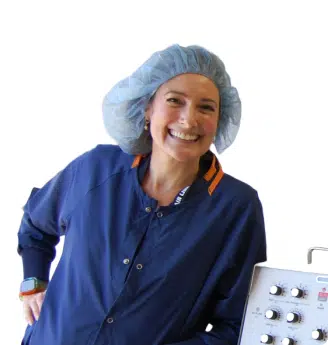Building a Strong Business Case for Medical Product Development
In the dynamic field of medical product development, getting project approval is often a complex and challenging process. It’s not just about having sufficient evidence to communicate your need; it’s also about aligning your proposal with industry standards like ISO 13485:2016 and ISO 14971. These standards are crucial in the medical device sector, ensuring that products meet comprehensive regulatory requirements for safety and quality.
The Importance of ISO 13485:2016 and ISO 14971 in Project Approval
Understanding and adhering to standards like ISO 13485:2016 and ISO 14971 is essential in the medical industry. ISO 13485:2016 specifies requirements for a quality management system where an organization needs to demonstrate its ability to provide medical devices and related services that consistently meet customer and applicable regulatory requirements. ISO 14971, on the other hand, is all about applying risk management to medical devices, a critical aspect in the development and lifecycle of any medical product.
Crafting an Effective Business Case
A well-prepared business case is your first step in navigating the complex approval process in many organizations. This is especially true when your project involves significant resource allocation or financial investment. Anticipating issues and presenting a case that addresses major obstacles is key. Here, incorporating principles from scientific software and instrument development can provide a robust framework for your proposal.
Understanding Your Manager’s Decision-Making Style
To effectively communicate your project proposal, you need to understand your manager’s work style and decision-making process. Whether they prefer a collaborative approach or a more authoritative style, tailoring your communication to align with their preferences can significantly impact the outcome. Also, aligning your project with both corporate and functional goals will demonstrate how your initiative supports broader organizational objectives.
Presenting Decision Options with Pros and Cons
When proposing your project, it’s beneficial to provide your manager with 2-3 options, detailing the pros and cons of each. This should include how each option impacts the customer, the project, and your manager, especially in terms of meeting ISO standards. Highlighting the business impact, particularly any financial implications, is also crucial.
Setting a Deadline for Decision Making
Assigning a deadline to your request helps create a sense of urgency and a timeline for follow-up. It’s a strategic way of ensuring your proposal is not sidelined. For instance, you might say, “I need a decision on the proposed medical product development strategy by this date to meet our project milestones.”
The Art of Following Up
Understanding the organizational culture around decision-making is vital when following up with management. Timing your follow-ups correctly is a delicate balance – too soon or too often can be counterproductive, especially with a busy manager. It’s crucial to use the right language, referring to potential project blocks if a decision is delayed.
Extracting a Decision: The Final Step
Ultimately, getting a project decision involves understanding your team’s culture, your manager’s preferences, and the right amount of follow-up. Being well-versed in project management and decision-making processes, especially those that align with standards like ISO 13485:2016 and ISO 14971, can greatly enhance your ability to get timely decisions.
Leveraging Standards and Expertise in Project Proposals
When developing a proposal for a medical device project, it’s crucial to align with industry standards like ISO 13485:2016 and ISO 14971. This not only ensures compliance but also demonstrates to decision-makers that your project is viable and safe. Integrating insights from award-winning products can provide valuable lessons in adhering to these standards.
Utilizing Expertise in Medical Device Development
Leveraging the expertise of a specialized team, like Our multidisciplinary team of experts, can significantly strengthen your project proposal. This team’s experience in navigating complex regulatory environments and their track record in successful medical device development can be a compelling part of your business case.
Incorporating Usability Testing
Incorporating aspects of formative and summative testing in your proposal demonstrates a commitment to user safety and product efficacy. This is particularly relevant when discussing projects that must comply with ISO 14971, which focuses on risk management in medical devices.
Showcasing Previous Success
Referencing previous successful projects, particularly those that have led to award-winning products, can be a powerful way to bolster your case. It provides tangible evidence of your team’s capability to deliver high-quality medical devices, aligning with ISO standards.
Engaging with External Resources
Sometimes, external resources like Nectar Product Development can provide the additional expertise and support needed for complex medical device projects. Showcasing how these resources can be integrated into your project plan can enhance your proposal’s credibility and feasibility.
Leveraging Multimedia Resources
Utilizing resources like Nectar’s Podcast The Product Development Book in your proposal can provide additional insights and perspectives on product development, further enriching your business case and demonstrating a comprehensive understanding of the field.
Enhancing Project Approval with Strategic Communication
Effective communication is pivotal in securing project approval. Tailoring your message to the interests and concerns of your stakeholders, especially when discussing complex projects like those in medical product development, is essential. For instance, highlighting how the project aligns with ISO 13485:2016 and ISO 14971 can address quality and risk management concerns that are top priorities for stakeholders.
Utilizing Data-Driven Justification
In today’s data-driven world, supporting your proposal with concrete data is more important than ever. This includes market analysis, projected ROI, and compliance with relevant standards like ISO 13485:2016 and ISO 14971. Data not only strengthens your argument but also demonstrates a thorough understanding of the project’s implications and feasibility.
Emphasizing Patient Safety and Product Efficacy
Patient safety is paramount, involving the safe design of the product, the selection of biocompatible materials, intuitive usability to reduce user errors, and stringent risk management in line with ISO 14971. These elements ensure that the product is not only effective but also minimizes any potential harm to patients.
Product efficacy relates to how well the medical device performs its intended function. This includes demonstrating reliable clinical performance, maintaining consistent reliability, incorporating technological innovations for improved effectiveness, and adhering to regulatory standards that dictate efficacy requirements. Ensuring efficacy is not just about meeting regulatory benchmarks but also about fulfilling the ethical obligation to provide effective medical solutions to patients.
In proposals for medical product development, highlighting your approach to ensuring patient safety and product efficacy is essential. This means outlining your design and testing processes, demonstrating how your project aligns with necessary standards, and possibly referencing past successes in developing effective and safe medical products. This approach not only boosts the likelihood of project approval but also plays a vital role in establishing the trustworthiness and credibility of your product among healthcare professionals and patients.
Collaboration with Industry Experts
Collaborating with external experts, like the team at Nectar Product Development, can bring additional credibility and depth to your project proposal. Their experience in scientific software and instrument development can provide unique insights and solutions, especially in complex areas requiring adherence to standards like ISO 13485:2016 and ISO 14971.
Integrating Cutting-Edge Technology and Innovation
Staying ahead of the curve by integrating the latest technological innovations and industry best practices is crucial. Mentioning how your project leverages current trends and advancements in medical technology can demonstrate forward-thinking and alignment with industry standards.
Adhering to Project Management Best Practices
Effective project management is key to the successful execution of any project, especially in the field of medical product development. Adhering to best practices in project management, while aligning with standards like ISO 13485:2016, ensures that your project is not only approved but also implemented efficiently and effectively.
Ensuring Compliance with Industry Standards
Compliance with industry standards, such as ISO 13485:2016 and ISO 14971, is non-negotiable in medical product development. Your proposal should detail how the project plans to adhere to these standards throughout its lifecycle, from initial concept to final product launch.
Securing Approval and Ensuring Success
In conclusion, securing approval for your project in medical product development involves a multifaceted approach. It requires aligning with industry standards like ISO 13485:2016 and ISO 14971, understanding and addressing the decision-making styles of your stakeholders, and effectively communicating the value and feasibility of your project. Incorporating expertise from teams like Our multidisciplinary team of experts and leveraging resources such as Nectar’s Podcast The Product Development Book can provide additional support and insights. Remember, the key to success lies in thorough preparation, strategic communication, and a deep understanding of the standards and trends in the medical product development industry.
The Path to Approval
Navigating the approval process for medical product development projects is a nuanced and multi-faceted challenge. By aligning your proposal with industry standards like ISO 13485:2016 and ISO 14971, understanding your manager’s decision-making style, effectively presenting your case with multiple options, and leveraging a multidisciplinary approach, you increase your chances of gaining approval. Remember, the key is to anticipate obstacles, provide clear, data-driven solutions, and demonstrate how your project aligns with organizational goals and industry standards. Engaging with experienced teams and resources, like those at Nectar Product Development, can further enhance your proposal’s strength and viability.
For more insights into navigating the complexities of project approval in medical product development, or to discuss your specific project needs, Contact Us at Nectar Product Development. Our team is committed to helping you align your projects with the highest industry standards and ensuring their successful execution.
























